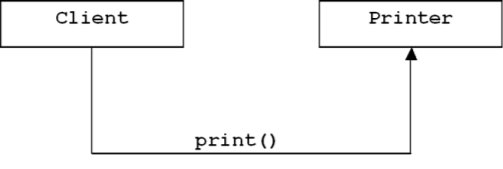


Next: Filter Objects
Up: A Filter Object Framework
Previous: A Filter Object Framework
Introduction
Distributed object-oriented systems are built
using collaborating objects on a distributed
platform. These distributed objects collaborate by passing
messages. In some cases, applications may require to change their
message control policies dynamically. For example, an application
might need to check message contents for validity or against
security concerns. In such cases, message control cannot be
abstracted out without breaking its transparency. In applications
like these, interceptors[8] or filtering models
models such as Composition Filters[1],
Filter Objects[6] and Encapsulators[9]
achieve separation
between message processing and message control.
In the filter object model,
messages sent to the destination objects can
be intercepted by first class filter objects.
While filter objects intercept messages,
the calling semantics of the source object do not change.
This behavior of filter objects can be employed to change the system behavior by
transparently intercepting calls and controlling or modifying the invocation
requests coming from clients.
In this paper, an implementation of a filter object
framework for MICO[12], an open source implementation of
CORBA[12] is described.
Figure 1:
Direct delivery model
|
|
Subsections



Next: Filter Objects
Up: A Filter Object Framework
Previous: A Filter Object Framework
R K Joshi
2003-05-30
